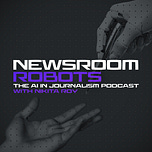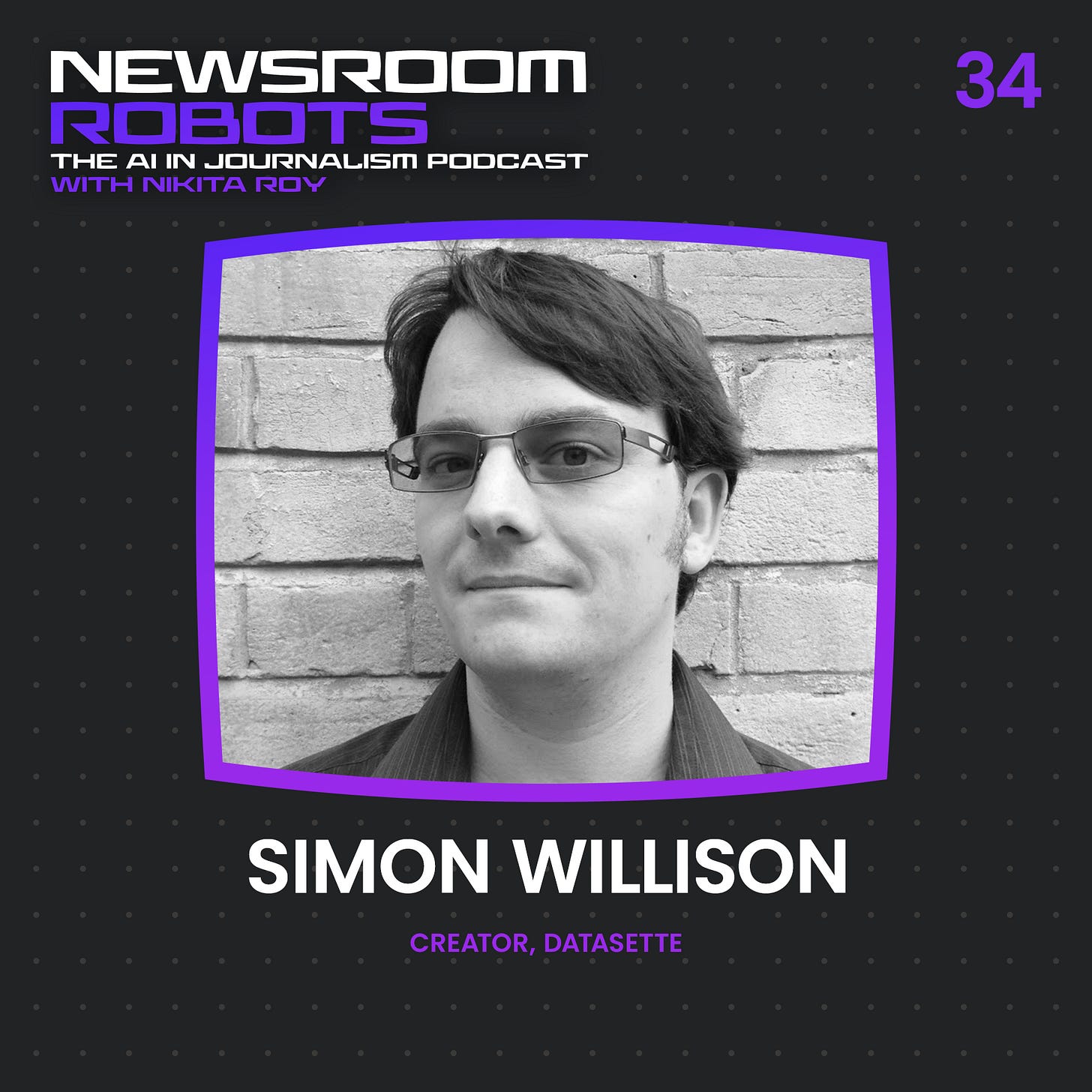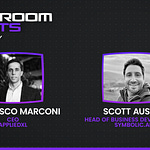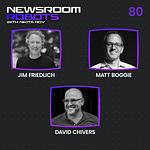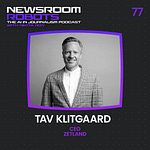What excites me most about the future of news is the revolutionary potential of generative AI to fundamentally augment journalism by equipping journalists with advanced data analysis capabilities.
Imagine the multitude of untold stories that could be brought to light, stories previously untold due to limited technical expertise.
That's just what we delve into in the second part of my conversation with Simon Willison. If you missed last week's episode, be sure to catch up. We discussed the chaos at OpenAI and all the innovative features they unveiled in November.
Simon, a former software architect at The Guardian and a JSK Journalism Fellow at Stanford University, currently works full-time to build open-source tools for data journalism. Before becoming an independent open-source developer, Simon was an engineering director at Eventbrite. He is also renowned for his work as the co-creator of the Django Web Framework, a key tool in Python web development.
For the past six years, Simon has been focused on creating Datasette, an open-source tool for data exploration and publishing. One of the most compelling use cases of Datasette, Simon shared, came from Bellingcat, an investigative journalism group. They utilized Datasette to analyze a leaked database from a Russian food delivery app, unraveling sensitive information about the Russian security agency.
Here are some of the key takeaways I had from my conversation with Simon:
Datasette serves as a versatile open-source tool for managing small to medium-sized datasets, typical in newsrooms. Its hosted version, Datasette Cloud, further simplifies data analysis offering an easy-to-use platform tailored for journalists, including those with no programming background. Tools like Datasette, alongside ChatGPT’s data analysis feature, can empower journalists to perform complex data analyses.
According to Simon, the challenge with generative AI lies not just in harnessing its power but also understanding its limitations, like its propensity to 'hallucinate' data or generate misleading information. Journalists integrating AI into their work should adopt a cautious, 'trust but verify' approach.
Simon also highlights the significant impact of ChatGPT on his productivity in programming tasks, estimating a potential fivefold increase. He advocates for more people to delve into coding, emphasizing generative AI's role in easing the learning curve and making the process of acquiring coding skills more manageable and enjoyable.
If you're intrigued to discover how Datasette works and how it can help you in your newsroom, don't miss the opportunity to connect directly with Simon.
PS: I am incredibly honored to be featured as one of the four futurists in AI at Harvard University. This recognition is not just a personal milestone but a testament to the growing importance of AI in shaping our future. Thank you so much for tuning into the Newsroom Robots podcast every week and for your continued support. Your engagement and support make endeavors like this possible and meaningful.
🔔 Course registration is now open for the Newsroom Robots X Wonder Tools Generative AI for Media Professionals Masterclass
I’ll be co-teaching this course with Jeremy Caplan, the author of Wonder Tools and the Director of Teaching and Learning at the Craig Newmark Graduate School of Journalism. We’ve designed this course to empower media professionals to harness generative AI effectively. It builds on the experiences from previous Generative AI workshops I've conducted at institutions, including the University of Toronto, the Craig Newmark Graduate School of Journalism at the City University of New York, and the International Center for Journalists. Sign up now.

